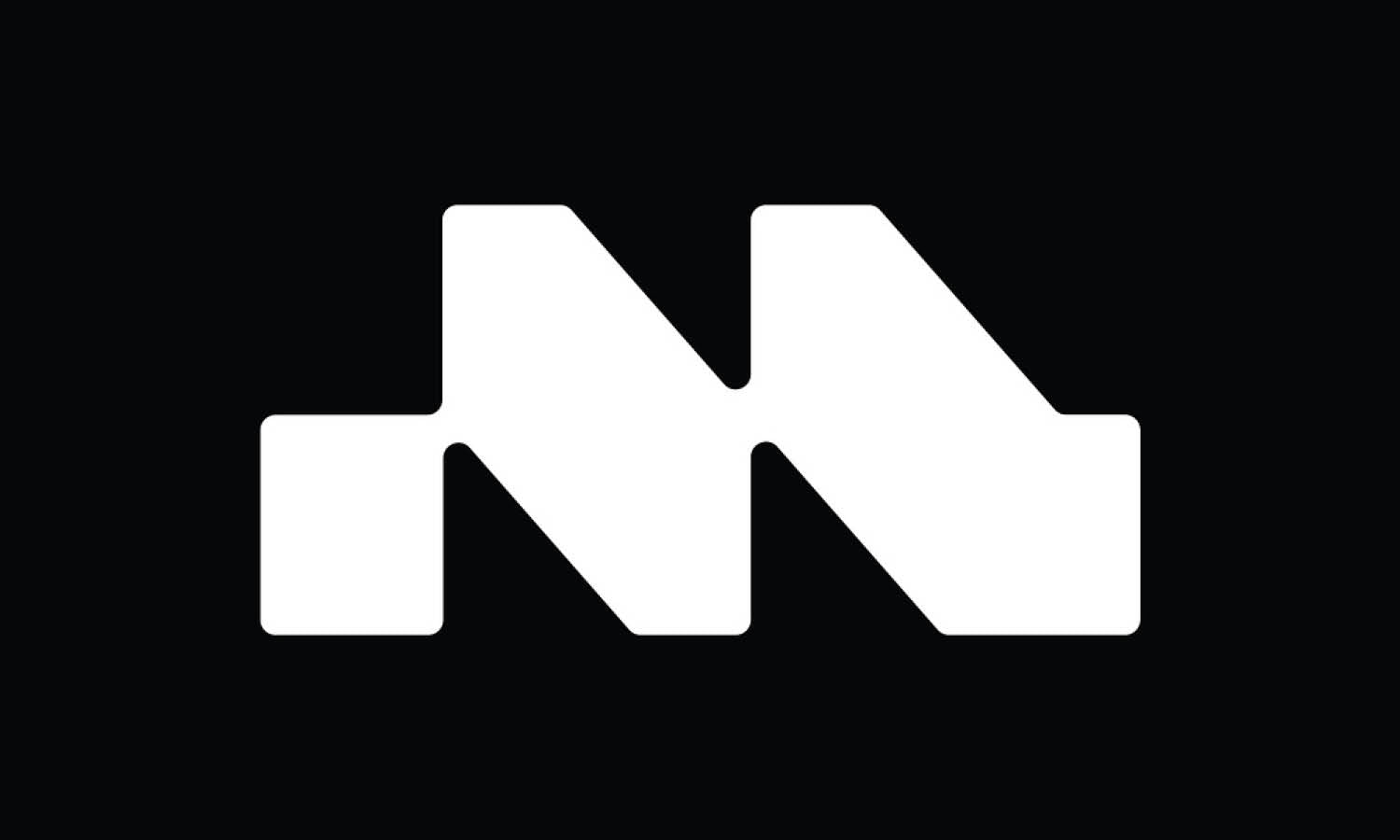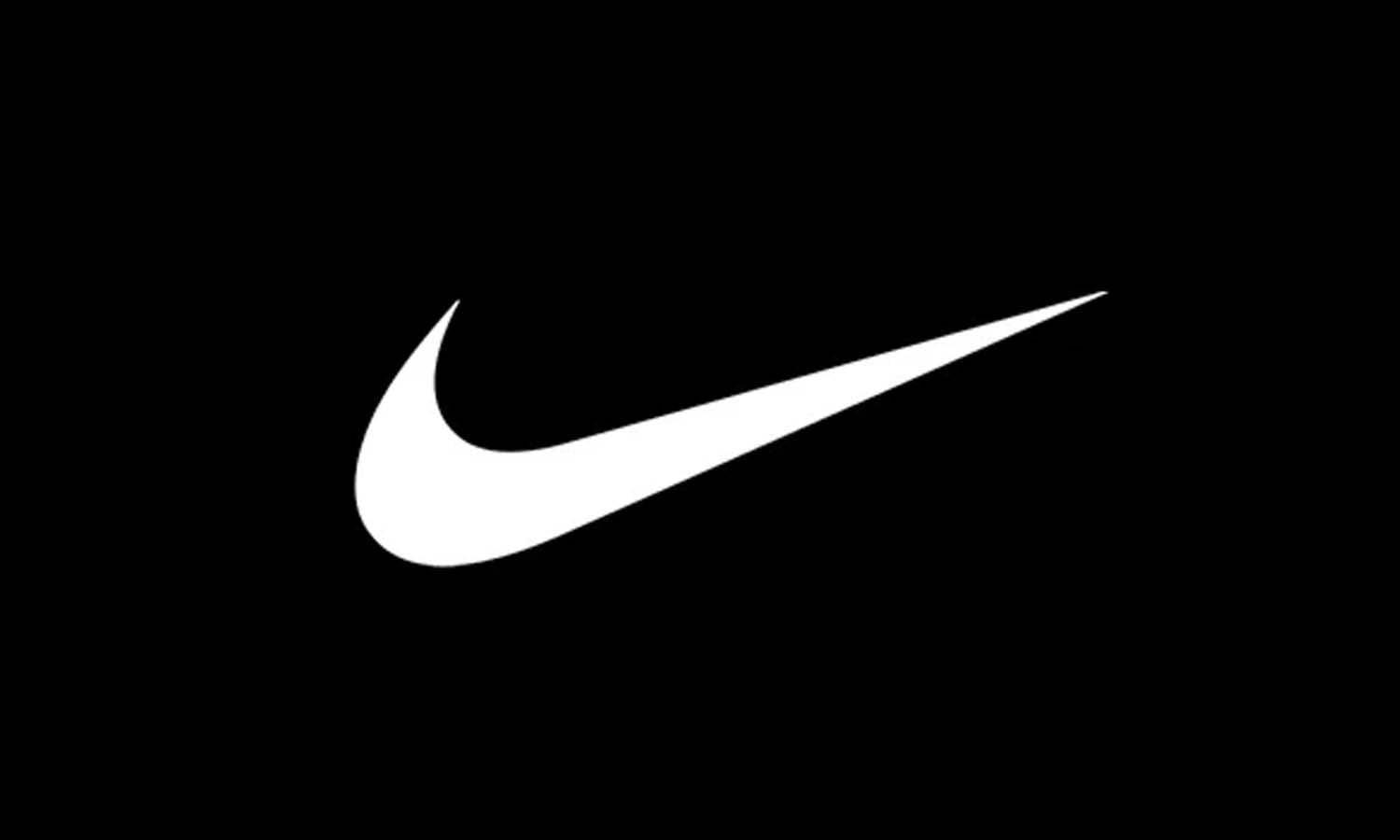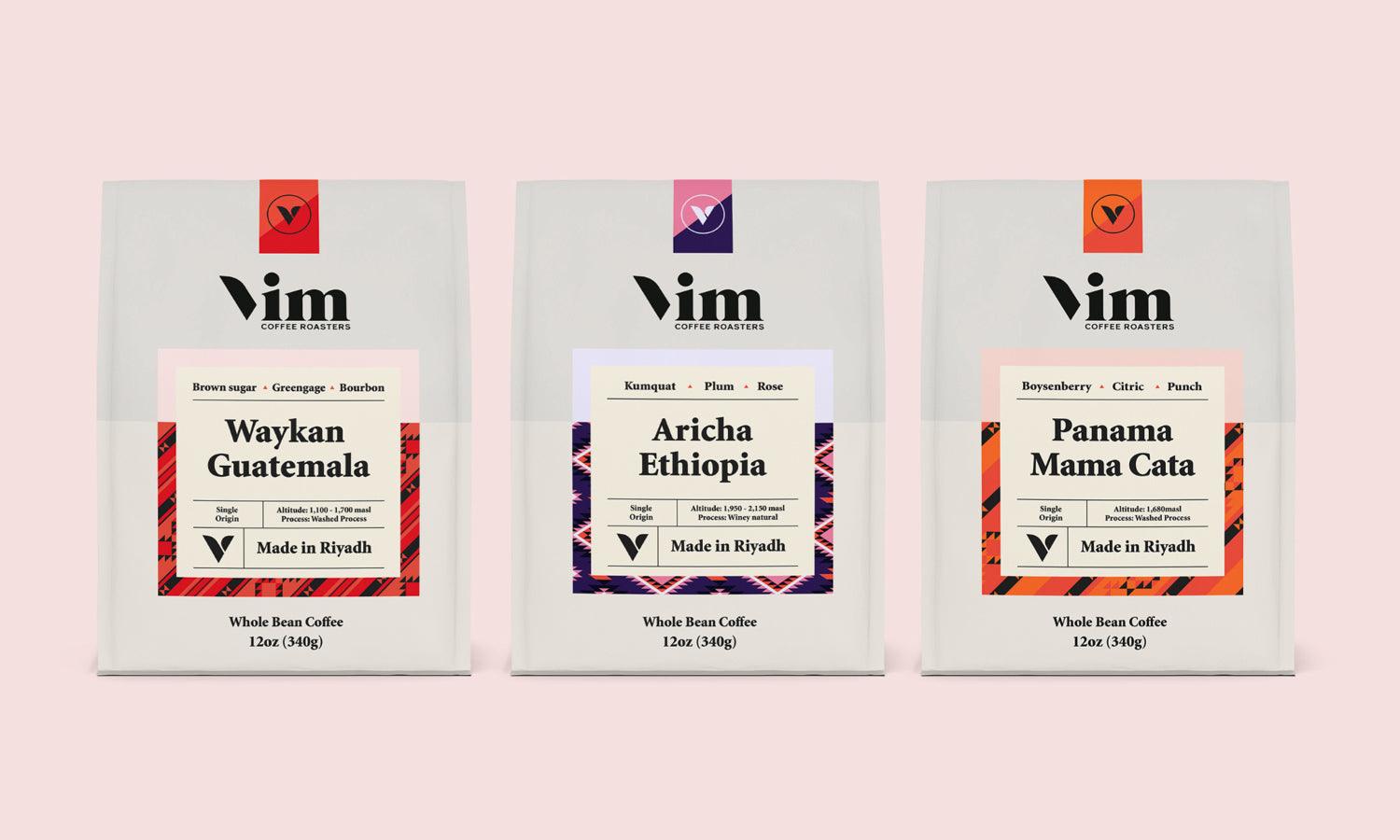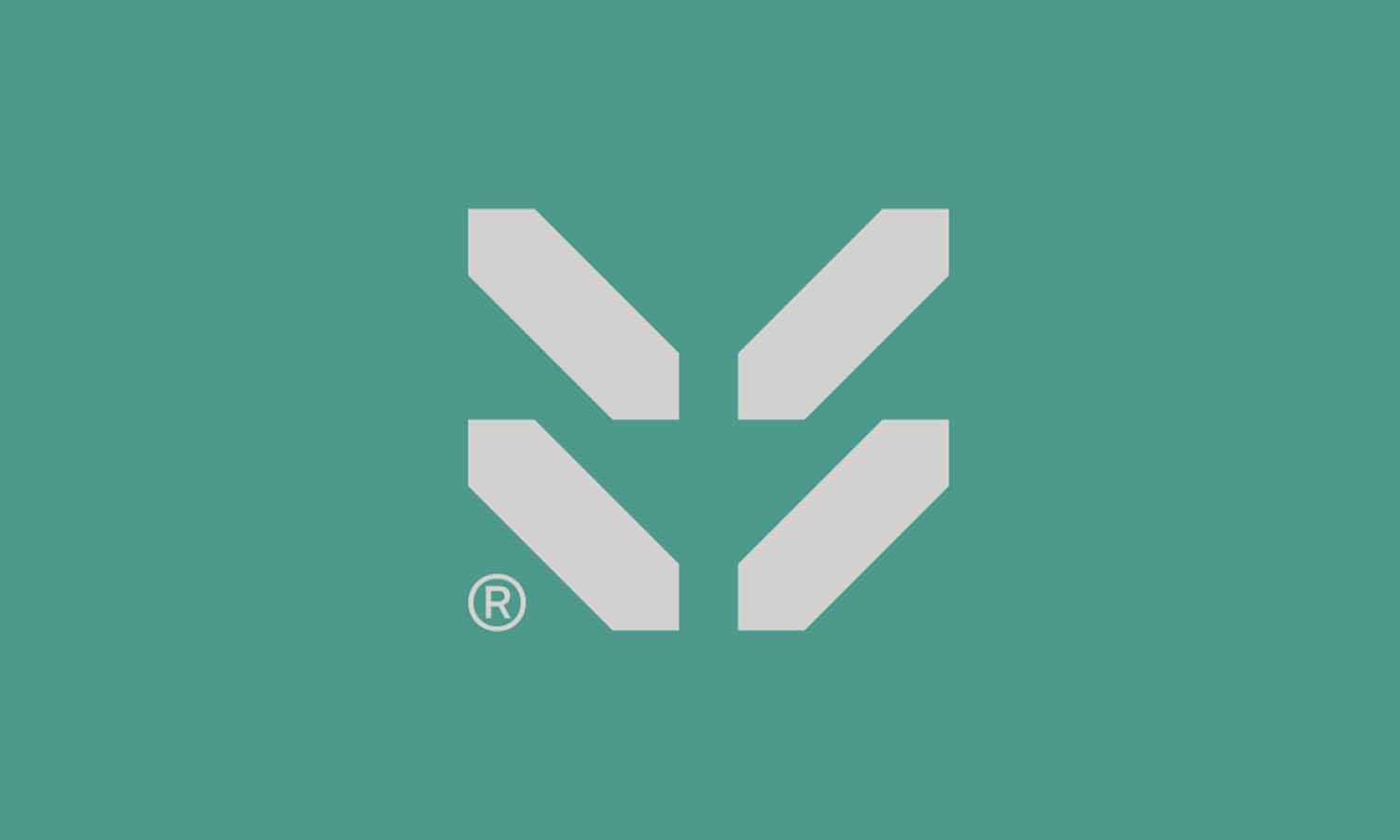The New Era of Branding: Blockchain's Transformative Role

Blockchain technology was a solution the world didn't know it needed. With decentralization as its hallmark, transparency, security and efficiency as its cornerstones, blockchain revolutionized many industries. This innovative approach ensures trust in transactions, protects sensitive data, and streamlines processes, marking a shift to a safer and more collaborative global ecosystem.
Crypto exchanges have become blockchain's number one brand. Thanks to this technology, crypto enthusiasts can track and analyze the price of Polygon (MATIC), Bitcoin (BTC), Ethereum (ETH) and virtually any digital asset in real-time on trustless and highly secure crypto platforms.
We could even go as far as to conclude that crypto exchanges have marked the beginning of a new era of branding. What is the role of blockchain in brand building in the digital age? Read on and find out.
Building Authentic Brands
By definition, blockchain is a distributed and public digital ledger. The design and cryptographic principles used to shape this technology underpin its functionality. In other words, one of the biggest advantages of blockchain is that once data is recorded in a block and added to the chain (of blocks), it cannot be altered or deleted.
Considering the above, brands could use blockchain to record crucial information, such as product origins, certifications, and ownership on tamper-resistant ledgers. This way, brands have the possibility to guarantee the legitimacy of their offerings and combat counterfeit products. As a result, they could enjoy enhanced consumer trust.
Transparent Supply Chains
Transparency is key to creating a brand built on trust with its customers (consumers, contributors, participants). As mentioned above, blockchain ensures that it can't be altered once information is recorded in a block. And this immutability guarantees the integrity of the supply chain data, providing a transparent and uncheatable record of every event.
Thanks to blockchain, each step in the supply chain can be recorded and traced. Brands can keep track of their products from when they are produced to when they reach their shelves. This allows not only brands but also customers to verify the authenticity, quality, and ethical sourcing of products.
An excellent example of this practice is VeChain, a blockchain platform built to streamline the supply management sector. Some real-world applications of VeChain include food safety, tracking the history of vehicles in the automotive industry, managing medical records in healthcare, and many other utilities.
This underpins the massive potential of Layer 1 and Layer 2 blockchains in streamlining record-keeping and transaction processes, as well as enhancing the scalability of blockchain networks.
Enhanced Customer Trust
Brands that implement blockchain allow customers to have more control over their personal data, allowing them to share information with the brand or third parties selectively. This ensures privacy and compliance with data protection regulations, ultimately fostering trust between consumers and brands.
In 2017, Equifax, one of the largest credit reporting agencies, suffered a massive data breach that exposed the personal information of approximately 147 million people. The lost data encompassed names, Social Security numbers, addresses, birth dates, and a number of driver's license information in this scandal.
Yahoo's cases from 2013 and 2014 had a higher echo, given the size and popularity of the company, which experienced a series of data breaches impacting billions of accounts. During this incident, hackers stole various personal information including names, email addresses, passwords and phone numbers.
Needless to say, these incidents left their mark on the cybersecurity landscape, underscoring the critical need for robust measures to safeguard sensitive information. The breaches not only exposed the vulnerability of massive databases but also prompted increased scrutiny of data protection practices.
As a result, businesses globally have been compelled to reassess and fortify their cybersecurity frameworks to ensure the trust and privacy of their users in an increasingly digital and interconnected world. And blockchain just happens to be one of the most effective and efficient solutions so far.
Smart Contracts in Brand Agreements
Smart contracts, self-executed codes used in blockchain to facilitate transactions, offer several advantages for brands, such as:
- Streamlining processes
- Enhancing transparency
- Reducing the risk of disputes
As you already know, traditional contracts typically include several intermediaries, manual verification and time-consuming administrative tasks. Smart contracts could eliminate these inefficiencies by automating the entire process.
At the same time, by eliminating the middleman and automating the execution and enforcement of contracts and transactions, smart contracts could lead to significant cost savings for both brands and their consumers.
Since the contract's terms are encoded and automatically executed, there is less room for interpretation or ambiguity. This helps prevent misunderstandings and disagreements between the parties involved, fostering a trustless environment in many industries.
Conclusion
Blockchain's decentralization, transparency, security, and efficiency reshape industries and have the potential to ensure trust in transactions and safeguard sensitive data, acting as a transformative ally for countless brands built with customer satisfaction and transparency in mind.
Blockchain could become the cornerstone of a new branding era, empowering brands to build authenticity and combat counterfeiting. Implementing blockchain enhances customer trust by providing data control, fostering privacy and transparency, and urging businesses to fortify measures while signaling a trustless future in various industries.











Leave a Comment